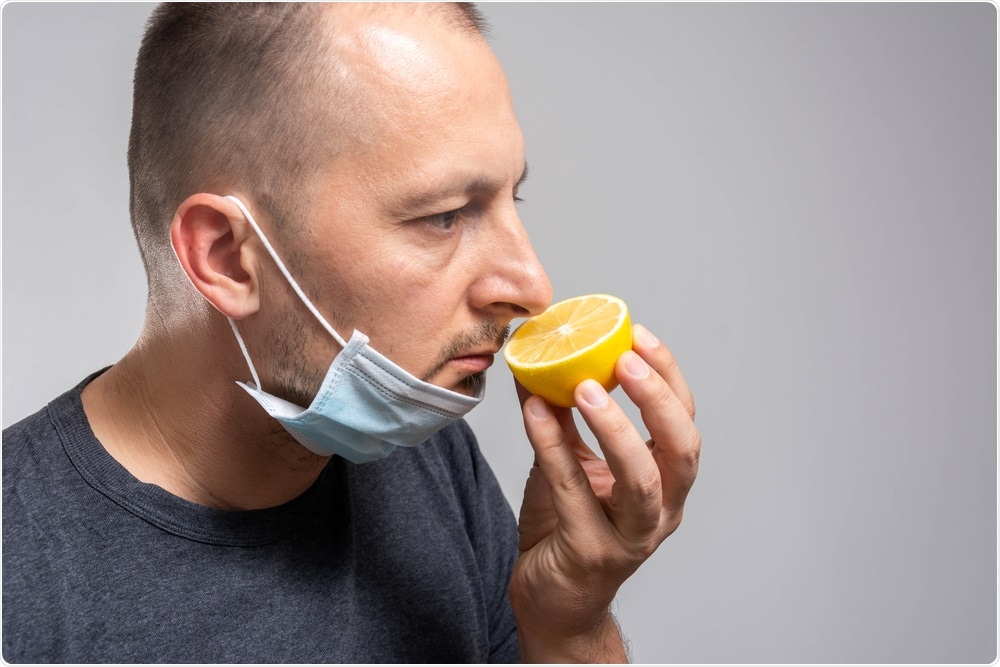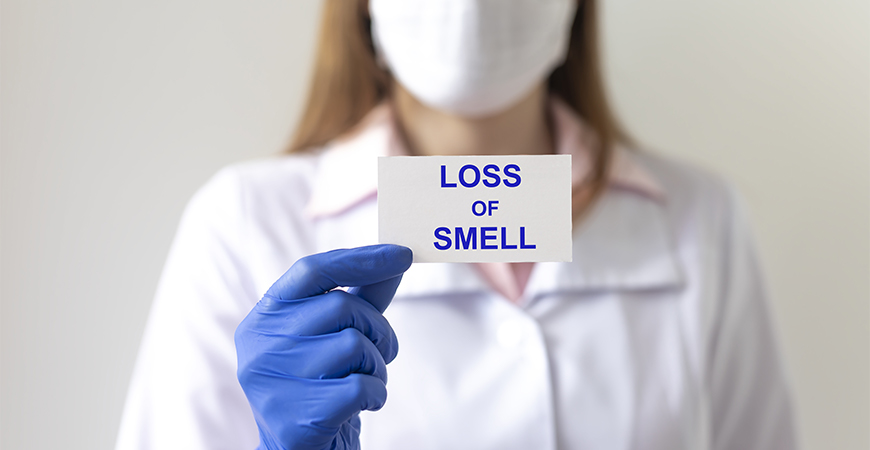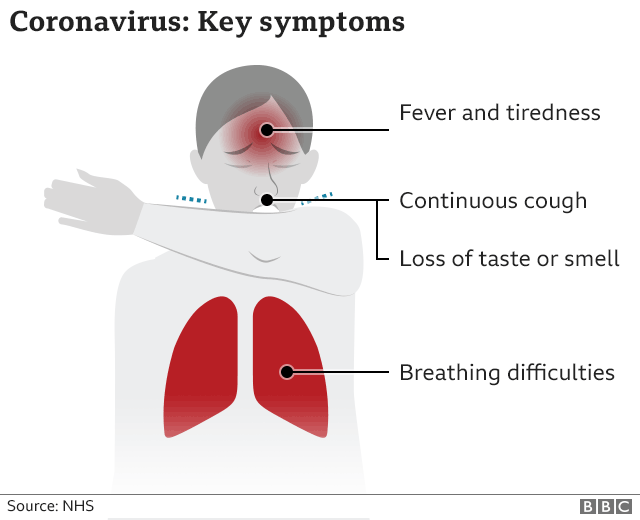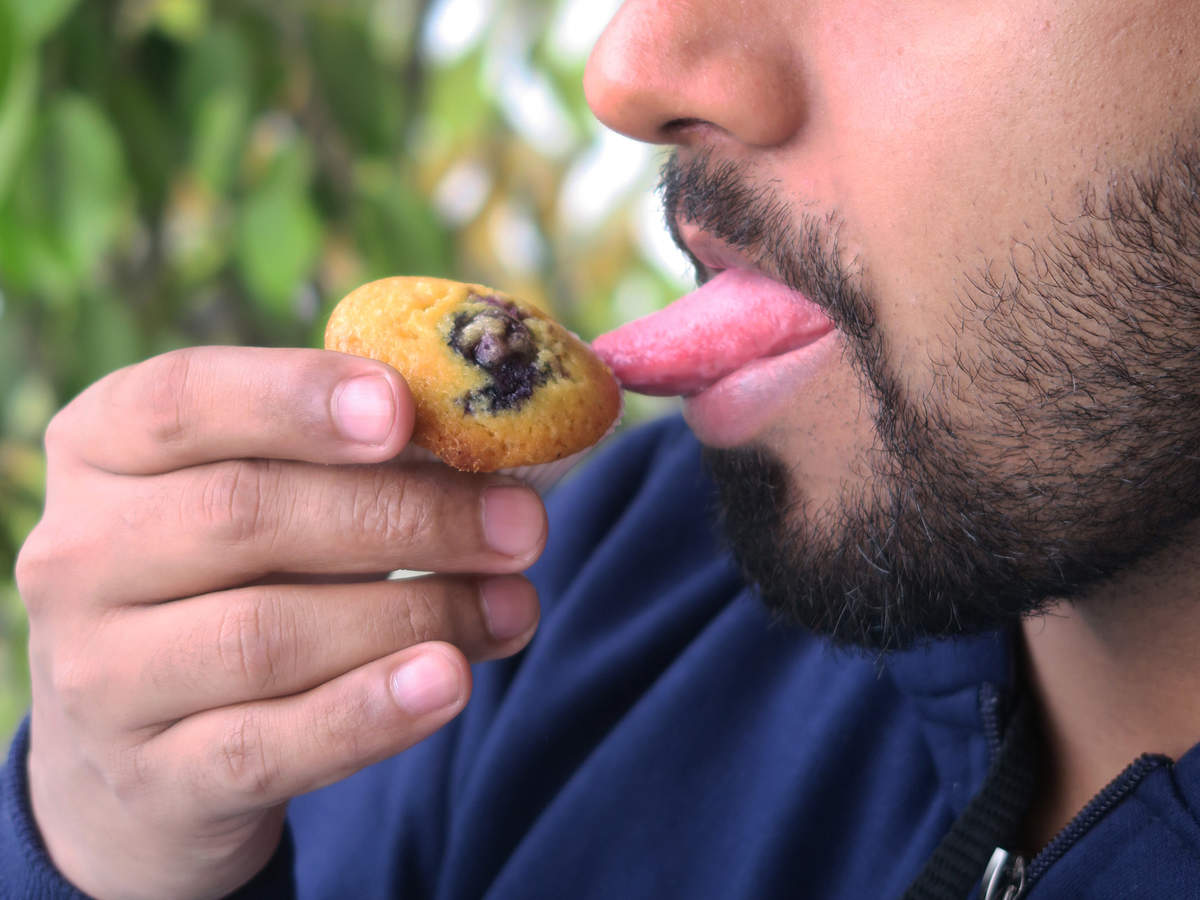- Get link
- X
- Other Apps
- Get link
- X
- Other Apps
If you suspect you or a loved one may be sick contact your doctor. Loss of taste is a common symptom of gastroesophageal reflux disease GERD salivary gland infection sinusitis poor dental hygiene or even certain medicines.
 Treating Post Infectious Smell Loss In Covid 19 Patients
Treating Post Infectious Smell Loss In Covid 19 Patients
People could experience a partial or full loss of these senses.

Loss of taste. Hypogeusia is the term for a. That said many other factors can cause a loss of taste like cigarette smoking and increased age. An impaired taste issue can result in malnutrition dehydration paralysis and the spread of infections and diseases such as cancer.
The Centers for Disease Control and Prevention says loss of taste or smell may be a sign of COVID-19 infection. The medical term for a complete loss of taste is ageusia. The loss of the senses of smell and taste are the most common smell and taste disorders.
There are many different causes of smell and taste problems. Dysgeusia causes a persistent taste in the mouth that can mask other tastes and make all foods taste the same. Impaired taste can refer to the absence of taste.
The loss of the senses of taste and smell can sometimes be the only. Sometimes loss of taste and smell contributes to depression. Left untreated a loss of taste can lead to a variety of serious health conditions that can be mild to life-threatening.
Other disorders include the reduced ability to smell or taste specific substances that are sweet sour bitter or salty. Growths in your nose nasal polyps These can cause. Sinusitis sinus infection an allergy like hay fever.
It can also refer to an altered sense such as a metallic taste in the mouth. Damage to the taste nerves by being cut or blocked or as a result of physical damage during a head injury can lead to loss of taste. Sometimes a cause for the loss of smell cannot be found.
As cases continue to rise more people will be affected by loss of smell known as anosmia and loss of taste known as ageusia. Often times the same can also be correlated with the presence of a metallic taste in the mouth. Depending on the cause loss of taste treatment may require a visit to a medical professional.
While many people report a loss of taste as a primary symptom its a loss of smell thats often a worse culprit since most of what we perceive as taste is actually a combination of smell and taste. The Centers for Disease Control and Prevention has listed the new loss of taste and smell as a symptom of COVID-19. These supporting cells surround the smell neurons and allow them to survive.
Loss of smell and taste is a symptom of Covid-19 but patients infected with coronaviruses that cause the common cold can also lose taste and smell because of congestion. Loss of taste and smell can have a significant impact on quality of life often leading to decreased appetite and poor nutrition. It is believed that over 75 of the people above the age of 80 tend to experience loss of taste.
Loss of appetite nausea headache dizziness fatigue loss of taste vomiting easy bruising or bleeding severe dizziness or fainting chest pain chills difficulty breathing rash facial swelling fever numbness or tingling in the hands or feet and a sore or swollen throat. In COVID-19 we believe smell loss is so prevalent because the receptors for COVID-19 that are expressed in human tissue are most commonly expressed in the nasal cavity and in the supporting cells of the olfactory tissue. Ear throat and tooth surgeries can cause taste loss especially wisdom tooth extraction or middle ear surgery.
Causes of lost or changed sense of smell. A complete loss of the sense of taste is called ageusia which can make a person unable to detect any tastes. Learn more about COVID-19 including how its diagnosed and answers to common questions you may have.
Loss of smell anosmia smelling things that are not there phantosmia like smoke or burnt toast. Changes in sense of smell are most often caused by. The condition of loss of taste is also quite a common occurrence with aging.
Loss of taste and smell also might tempt you to use excess salt or sugar on your food to enhance the taste which could be a problem if you have high blood pressure or diabetes. A partial loss of taste is called dysgeusia. You can also be born with a smell disorder usually because of a faulty gene.
If youre experiencing a sudden loss of taste alongside other COVID-19 symptoms contact your healthcare provider as soon as possible. The loss of taste and smell can be an early sign of COVID-19. The complete loss of taste is often very rare but nerve damage has the capability to contribute to that as well.
The most common causes of temporary loss are colds flu and sinus problems. A cold or flu. For some people normally pleasant tastes or smells may become unpleasant.
Sometimes head injuries can also cause impaired taste. Reduced sense of smell hyposmia.
 Connection Between Covid 19 And Loss Of Smell Uncovered By Research Team Newsroom
Connection Between Covid 19 And Loss Of Smell Uncovered By Research Team Newsroom
 Coronavirus Massive Effect Of Smell And Taste Lost To Virus Bbc News
Coronavirus Massive Effect Of Smell And Taste Lost To Virus Bbc News
 Taste Loss Coronavirus Does Not Directly Cause Loss Of Taste It May Happen During Inflammation The Economic Times
Taste Loss Coronavirus Does Not Directly Cause Loss Of Taste It May Happen During Inflammation The Economic Times
 Why Covid 19 Makes You Lose Your Sense Of Smell And How To Get It Back Gavi The Vaccine Alliance
Why Covid 19 Makes You Lose Your Sense Of Smell And How To Get It Back Gavi The Vaccine Alliance
 Loss Of Smell And Taste Could Be Early Sign Of Coronavirus Covid 19 Unc Health Talk
Loss Of Smell And Taste Could Be Early Sign Of Coronavirus Covid 19 Unc Health Talk
Healthy Appetite Retained Despite Loss Of Taste And Smell Wur
Smell Or Taste Loss The First Or Only Symptom Of Covid 19 Among Nearly 40 Of Survey Respondents
Research On Loss Of Smell And Taste Due To Covid 19 Wur
 Coronavirus Loss Of Taste Loss Of Smell Is It A Common Symptom
Coronavirus Loss Of Taste Loss Of Smell Is It A Common Symptom
 How Covid 19 Causes Loss Of Smell Harvard Medical School
How Covid 19 Causes Loss Of Smell Harvard Medical School
 Covid 19 And Loss Of Smell A Key Symptom In The Development Of The Disease Inrae Instit
Covid 19 And Loss Of Smell A Key Symptom In The Development Of The Disease Inrae Instit
 Loss Of Smell Can You Get Covid 19 Infection Through Food Study Suggests Taste Bud Cells Are Not Coronavirus Targets The Economic Times
Loss Of Smell Can You Get Covid 19 Infection Through Food Study Suggests Taste Bud Cells Are Not Coronavirus Targets The Economic Times
 The Loss Of Taste Or Smell Due To Covid Can Be The First And Only Symptom Bergerhenry Ent Specialty Group
The Loss Of Taste Or Smell Due To Covid Can Be The First And Only Symptom Bergerhenry Ent Specialty Group
 Loss Of Taste And Smell May Be Most Reliable Covid 19 Symptoms For Digital Surveillance
Loss Of Taste And Smell May Be Most Reliable Covid 19 Symptoms For Digital Surveillance
Comments
Post a Comment